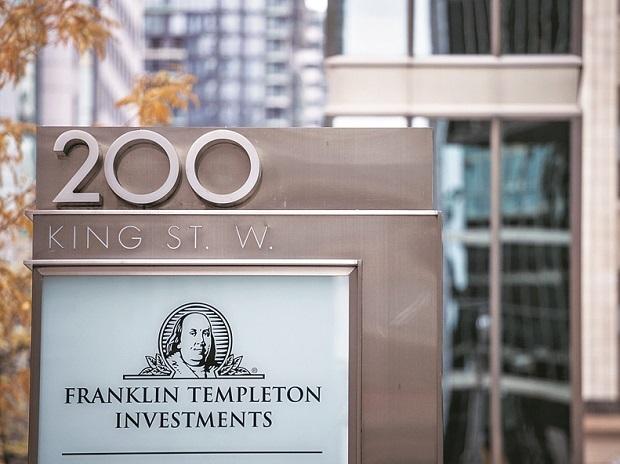All you need to know about Franklin Templeton!

It’s been a year since Franklin Templeton Asset Management (India) Pvt. Ltd stunned the market by freezing six debt mutual fund schemes on April 23, 2020. Following the freeze, participants in the schemes faced nearly a year of speculation about whether they will be able to regain their funds.
Several court cases involving the freezing, especially on the question of whether investor approval is required for winding up, have been heard. In December 2020, a winding-up vote was held, and investors gave their approval.
In February, the Supreme Court ordered the money to be distributed. Investors have received a total of $12,084 crore in cash so far, out of a total of $26,000 crore wound up (of which 9,122 crores were received in February and 2,962 crores were received in April).
SBI Funds Management Pvt. Ltd was also appointed by the apex court to dispose of the assets in the schemes and oversee the distribution of the funds received, bridging the trust gap for investors who were sceptical of Franklin Templeton‘s own winding up.
On the other hand, there are a few silver linings in the midst of a tough year for Franklin investors who have been denied access to their funds. The schemes’ net asset prices (NAVs) have not dipped substantially due to defaults or downgrades, except for Future Group companies defaulting in September 2020. Investors have received about 46% of their capital back so far, though recoveries differ by the scheme. Despite the second covid surge, SBI Funds CEO Vinay Tonse told in a recent interview to a leading news website that he is optimistic about selling much of the Franklin properties in the coming months.
“We are assured that the portfolio assets are safe and can be monetized at a reasonable valuation under normal market conditions at the right time. We are not in a position to make any forward-looking comments about the Monetisation” says a spokesperson for the fund house.
Industry experts are debating whether investors should leave the remaining Franklin schemes (other than the six debt funds that are being wound up). The Asset Management Company (AMC) holds approximately Rs 60,000 crores in reserves and funds with well-known brands, such as Franklin India Bluechip and Franklin India Prima.
On April 7, Prime Investor, a mutual fund analysis portal, advised investors to leave these schemes. On the equity hand, it cited underperformance in recent years, when the stock market saw a concentrated recovery. According to Prime Investor, Franklin Templeton caught up last year, largely following an investment valuation style, but the catch was not sufficient.
The debt side will cause panic and ignite redemption of other schemes than the six to be struck down by a lack of investor trust. It pointed out that this could cause the affected schemes to sell highly valued holdings to pay off. Alternatively, it will cause the fund house to have a substantial sum of cash in hand in case of an emergency, which reduces returns. Prime Investor is also concerned about the fund house’s loss of managerial talent.
A spokesperson of Franklin Templeton, on the other hand, denied these fears. FT has a solid portfolio management team with a lot of experience. The emerging markets India equity team has more than 20 years of experience investing actively in the Indian stock market. According to him, the team members have an average of 16 years of experience in the business and seven years with the company.

But the picture is mixed on the ground. Though senior fund managers have remained in place, their marketing team has seen departures from senior levels. Media sources also propose the potential exit from the nation of the fund house with the enterprise sold or wounded to a rival.
The dedication of Franklin Templeton to India is unwavering. It was among the first global asset managers to join the Indian mutual fund market, and we have remained a part of it even though many other global asset managers have left.
“We have no plans to exit India or to sell off our business in India,” according to a Franklin Templeton spokesperson.
Some experts, on the other hand, have taken a more cautious stance. Take the scheme’s one-of-a-kind call. If you like the growth plan of the Franklin US Opportunities Fund, for example, there’s no reason to sell because of recent events in India. Only if there is chronic underperformance, according to Vishal Dhawan, founder, Plan Ahead Wealth Advisor. The asset size is so large that a sale to another AMC is more likely than a wholesale withdrawal and return of funds to investors in terms of fund house risk. If this happens, you’ll be able to make a call then rather than now, depending on who they’re selling to, he says.
Morningstar Advisor India’s director of fund research, Kaustubh Belapurkar, distinguished between old and new investors. If you are an existing equity investor, it would be premature to redeem at this time. The legal action is still ongoing, and the equity team remains intact, with the funds being managed transparently. You should revisit this issue if the team composition changes in the future. New investors may want to consider other alternatives before the existing concerns are clarified.




